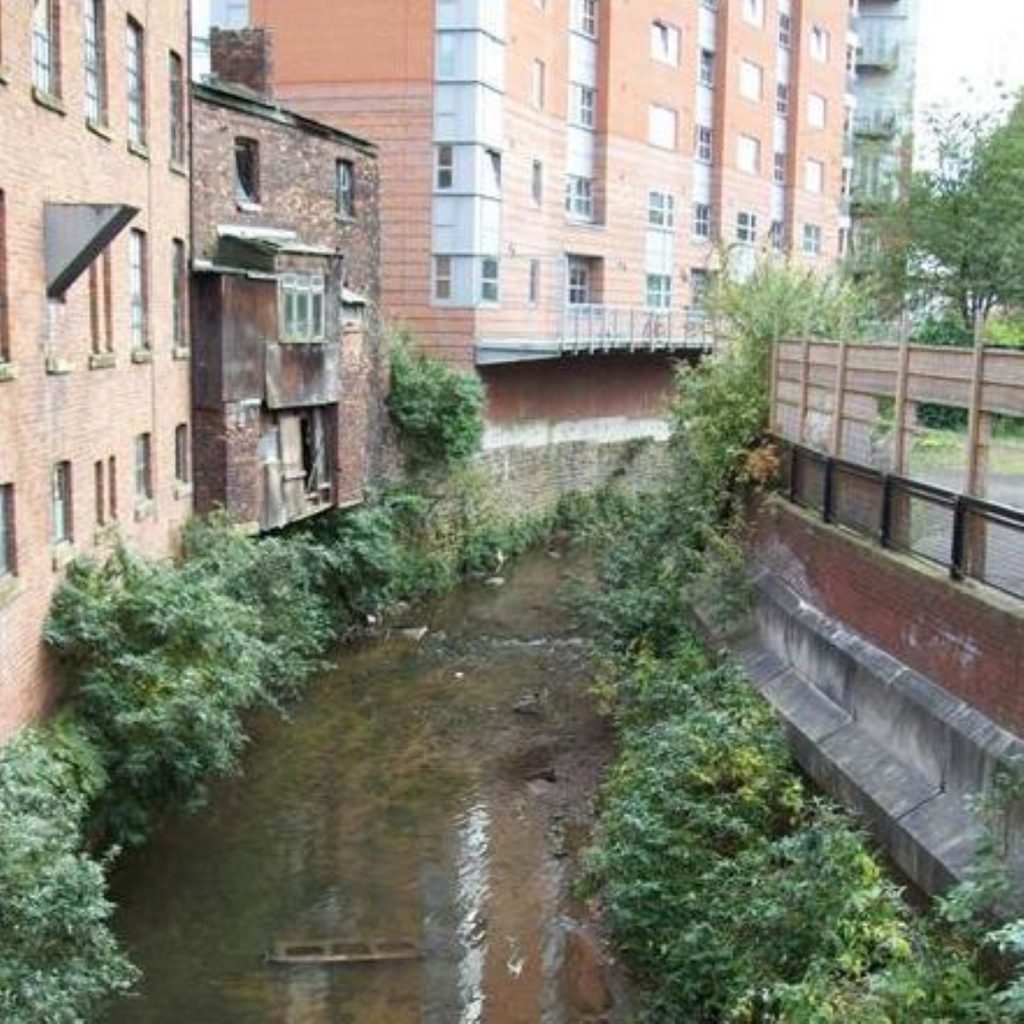Mixed review of govt regeneration scheme
Government-led initiatives to revive deprived areas have been “high risk” and achieved mixed results, the National Audit Office (NAO) has found.
The Pathfinders housing market renewal programme targeted nine areas across the midlands and north of England in a bid to make them more appealing to communities.
The NAO found house prices in the nine Pathfinders areas did rise to begin to catch up with neighbouring areas.
However, it said many factors were behind this and could not prove a casual link between rising house prices and increase demand for property and the £2.2 billion pathfinder initiative.


The report noted the housing market renewal programme “has improved conditions for some neighbourhoods, for others it has led to heightened stress in the short term.”
Sir John Bourn, head of the NAO, said today: “Housing market renewal is a radical programme but it is a high risk approach.
“While there have been physical improvements in some neighbourhoods, it is unclear whether intervention itself has led to improvement in the problems of low demand. And in some cases intervention has exacerbated problems in the short-term.
“The Department for Communities and Local Government (DCLG) needs to make sure that Pathfinders not only delivers its regional development plans, but also complements the broader regeneration of areas contributing to better schools and transport links.”
Launched in 2002, the government has committed £2.2 billion to fund the initiative up to 2011.
It has already seen 40,000 homes refurbished, 1,110 built and 10,200 demolished.
However, the number of demolitions has been scaled back from original estimates of 90,000 to 57,100. This was prompted by local opposition, with the NAO criticising officials for running “roughshod” over local wishes in some areas.
Problems have also arisen from the compensation scheme for those affected by the demolition.
Many families complained they were unable to buy an equivalent suitable property, while landlords speculatively buying properties to obtain compensation have caused an additional £50 million of costs.
The NAO also raised concerns wider regional plans for house building could undermine the efforts to restructure housing markets in pathfinder areas.
The DCLG defended its programme, arguing significant progress has been made.
A department spokesman said: “The NAO acknowledges that housing markets have performed better in Pathfinder local authorities than in those authorities with the most similar level of low-demand problems.”
He continued: “This programme has always been about improving the homes, communities and neighbourhoods where people live.
“A key part of that is refurbishing dilapidated properties to create homes where people really want to live. That is fundamentally a good and worthwhile thing to do.”
The Conservatives, however, insist the scheme has failed and was only ever launched as a headline grabbing initiatives.
Shadow local government secretary Eric Pickles said: “The government is picking the taxpayer’s pocket to the tune of £2.2 billion to bankroll some poorly thought-through scheme. The sheer scale of the demolitions taking place under Pathfinders is environmentally, socially and financially wasteful.
“Quite clearly, the Pathfinders programme has failed in its key objective of regenerating deprived areas. It shows a disregard for the needs of local communities and just underlines the government’s inability to trust local people to make the right decisions.”











